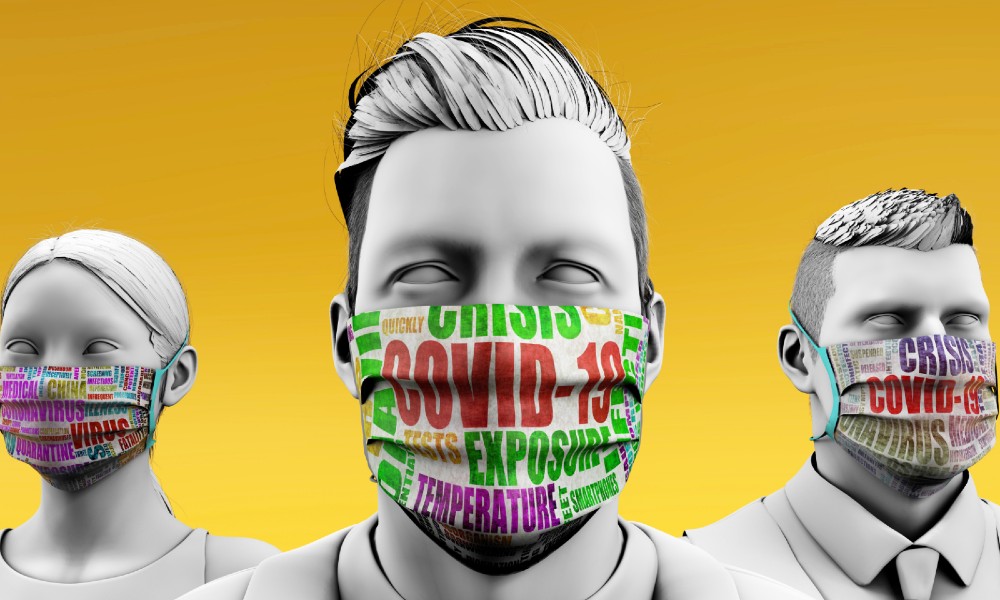
The practice of contact tracing involves taking action to identify those high at risk of contracting COVID-19 from possible exposure, then notify those possibly in contact with someone positive with the virus and take appropriate action for those infected. Around the globe, various forms of contact tracing have been put in place to keep tabs on the coronavirus spread.
With Apple and Google teaming up to contain, and hopefully help eliminate the COVID-19 threat there are certainly a few concerns about the Bluetooth-powered system that anonymously tracks the outbreak via time and location data. The two phase plan would first involve public health agencies leveraging an API to integrate into their apps. Then on an opt-in basis, Android and iOS users can choose whether or not to participate in the contact tracing system.
More specifically speaking, the private proximity contact detection API enables the device to transmit an anonymous identifier to devices to people within certain proximity. Phase two introduces the operating system level, which also introduces enhanced efficacy, battery life and privacy. As far as timeline goes, the API will be available in mid-May, with the second phase still months down the line.
Not a perfect solution, but certainly a step toward stopping the coronavirus spread. Before we sing the praises of this Silicon Valley pairing let’s share the stage with some of the tool’s detractors.
There’s no argument this is a global situation, impacting all points. The world population sits at 7.8 billion people, of those, it is estimated that more than 2.5 billion people will not be capable of accessing the technology. The GSMA notes that as of 2019, 5.2 billion people possess access to mobile devices around the world but only 49% of the population possesses internet connectivity via mobile device – food for thought.
A recent Wired report, highlights a number of potential vulnerabilities allowing for personal data of COVID-19 positive users to be revealed and enable advertisers to track and target users, not to mention the possibility of poor phone signals, false positives from trolls as well as mistaken self-diagnosis.
Tracking COVID-19 will continue to be a delicate dance, especially as the curve flattens and false sense of security looms. Technology will be vital in protecting the population, and pulling through the pandemic – from the c-suite to the contact center we are all people. Silicon Valley is working toward the light at the end of the tunnel, and contact tracing is central to these efforts.
Edited by
Maurice Nagle